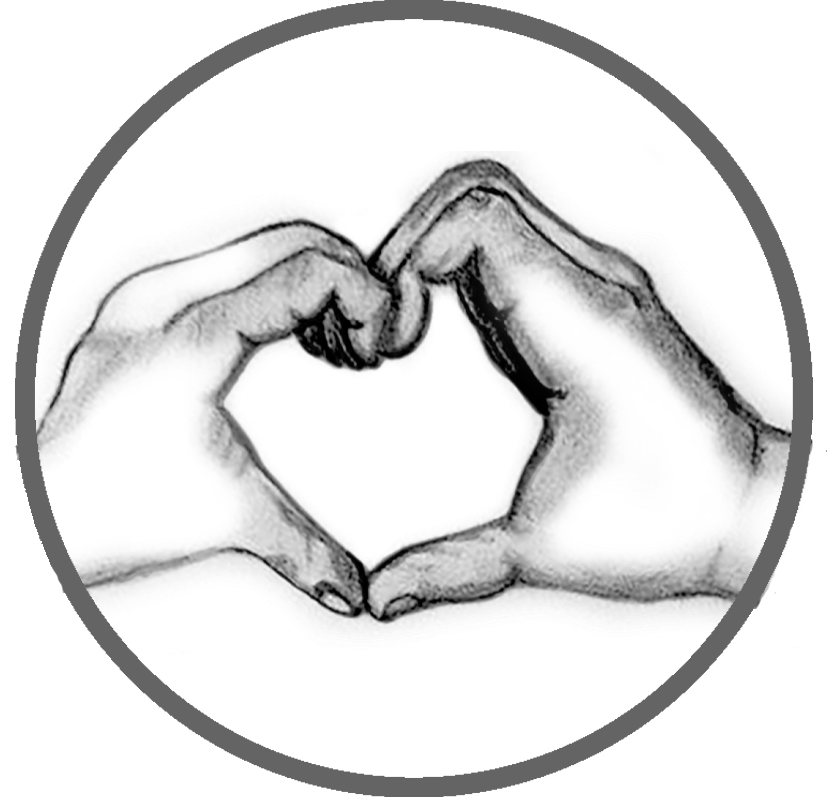FAQs – Let's Talk About it!
"Through my own personal journey as Lindsey's sister, I have benefited from the following answers to questions I have either had or have tried to explain. Just to be clear, I recognize that I am not an expert on autism. I have consulted and collaborated with St Croix Therapy's Occupational Therapists out of Hudson, Wisconsin. Lines in bold indicate what you as a sibling, friend, or bystander can say when asked these questions.
I hope you find these answers valuable!"
- Brittany Moreland, Proud Sibling of Lindsey Moreland
What is Autism?
Autism is something a doctor diagnoses, but it doesn't define a person. It can make it hard for someone to talk to others, make and play with friends, and understand things like words adn ideas that are not easy to see or touch.
"Autism is a different way of thinking. It can be hard to make and play with friends, but they are good at... (list your sibling's talents)!"
Why Can't They Talk?
Some people have different ways of talking, some are still learning, while others use different ways to communicate altogether. Examples of these are special devices (called talkers), using sign language with their hands, or showing how they feel with their emotions.
We need to be nice and understanding, giving them time to communicate in their own special way.
"They a different way of communicating, but everyone has their own special way of communicating."
Why Are They Screaming Down the Hallway?
When someone is screaming for no apparent reason, they might be feeling big emotions and need help. Usually a teacher or other adult is there to help them feel better. If there is not, try to find someone to help them.
"They are having a hard day.Let's go find a teacher or grown-up to help them."
What's Wrong with Them?
Nothing. When someone does things differently or finds something hard, it doesn't mean anything is wrong with them. We all have things we like or find hard. It's OK to be different and like different things.
"Nothing, that's how my sibling expresses and shows how they feel. It's OK to be different and like different things."
How Can I Help?
Be a B.U.D.!
BE kind.
UNDERSTAND that we all are different.
DO the right thing.
B.U.D. is an acronym to help you remember how to think and treat others.
Do Siblings and Friends Want to Talk?
Sometimes brothers, sisters, or friends might want to talk about things, and sometimes they might not. That's OK.
If your peers ask you questions about your sibling or friend and you don't want to answer them you can say, "Thank you, but I don't want to talk about this right Now." Or, "Thank you for telling me, a grown-up is helping them, next time you don't have to share it with me."
Do your best to remember to respond in a kind tone.
Still have a question?
Although we all have full time jobs, we're happy to help when we can. Send us your questions and we'll get back to you as soon as possible.
